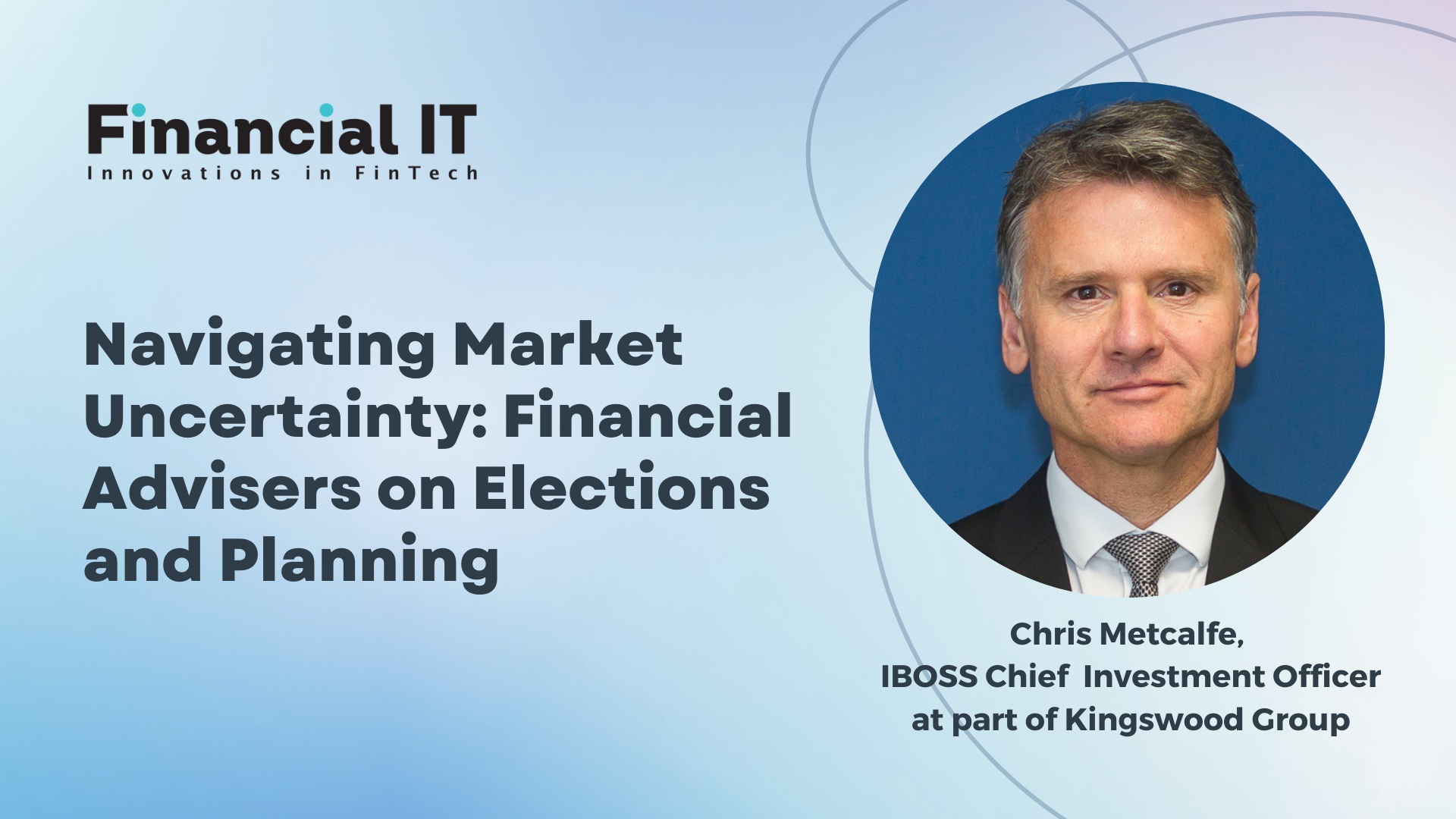Navigating Market Uncertainty: Financial Advisers on Elections and Planning

- Chris Metcalfe, IBOSS Chief Investment Officer at Kingswood Group
- 31.07.2024 02:45 pm #bank #payment #elections
Understanding market reactions to elections
Elections invariably stir up a blend of anxiety and anticipation among investors, advisers, and clients. This year has seen its fair share of electoral events, each contributing its own ripple effect to the markets. However, a key observation from recent discussions with advisers is that none of these elections have led to a sustained downturn in the markets. Interestingly, post-election periods have often seen markets perform well.
Take South Africa's recent election, for example. Despite its contentious nature, the market rebounded positively afterward. The standout event, however, remains the U.S. election, primarily due to the unpredictability introduced by former President Trump's controversial remarks. Such uncertainties have kept advisers and clients on edge, reinforcing the importance of maintaining diversification and focusing on investment fundamentals.
Predicting the exact outcomes of elections and their subsequent market reactions is an exercise fraught with uncertainty, therefore it is crucial to adhere to the fundamental principles. If an investment, whether in a company or a country, was sound before an election, it is likely to remain so afterward. This consistent approach helps navigate the inevitable ebbs and flows of the market, providing a stable foundation amid political turbulence.
Client concerns and legislative impacts
Advisers are also fielding questions from clients about potential shifts in investment strategy, particularly in light of the Labour party's policies. While no specific areas have been flagged for immediate concern, it’s crucial to base planning on current legislation rather than speculative predictions. Changes in taxation and benefits policy are perennial worries, but reacting to anticipated changes rather than established laws can lead to unnecessary complications.
Reflecting on my early years in the industry, I recall the persistent rumour in 1983 that the government would abolish tax relief for pensions. This fear lingered in the press for three decades, yet never materialised. Acting on such speculation would have been not only premature but also incorrect. In the latter part of my career as an advisor, changes to income drawdown rules and death benefits prompted adjustments in client advice, only for the government to reverse these decisions a few years later. These anecdotes highlight the fluidity of the legislative landscape while underscoring the importance of planning based on present realities rather than potential future shifts.
Strategic planning and adviser-client collaboration
Clients are encouraged to engage in regular, open conversations with their advisers to determine the best course of action tailored to their specific circumstances. Attempting to pre-empt government actions can lead to unnecessary anxiety and potentially misguided decisions.
Over the past 40 years, the state pension age has shifted multiple times, often in less favourable directions. Advisers have consistently recommended private pensions as a hedge against these uncertainties. Viewing government provisions as bonuses rather than guarantees remains sound advice. The goal is to maintain as much control over one’s financial destiny as possible, an approach that has stood the test of time.
In conclusion, while elections and potential legislative changes can introduce an element of unpredictability into the markets, a steadfast commitment to investment fundamentals, a focus on current legislation, and proactive adviser-client collaboration can help navigate these challenges. By doing so, investors can build resilient portfolios capable of withstanding political and economic shifts, ensuring long-term financial stability and growth. Additionally, staying informed about global economic trends and diversifying investments across various sectors can further safeguard against unforeseen market volatility. This holistic approach to investment strategy not only mitigates risks but also maximises opportunities for consistent returns.




















